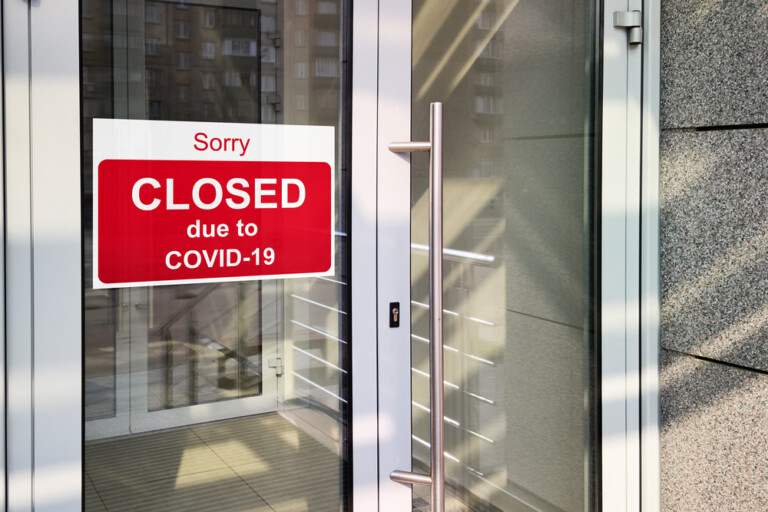
On March 2, 2021, the Supreme Court declared the legislation authorizing the Civil Resolution Tribunal (CRT) jurisdiction over certain collision claims unconstitutional.
In April 2019, the government of British Columbia introduced a series of amendments to the Civil Resolution Tribunal Act (“CRTA”), the Insurance (Vehicle) Act (“IVA”), and the Insurance (Vehicle) Regulation. The government also introduced two new regulations: the Accident Claims Regulation and the Minor Injury Regulation. Together these amendments and new regulations gave jurisdiction over certain motor vehicle accident (“MVA”) claims to the CRT. In particular, s. 133 of the CRTA gave the CRT jurisdiction to determine entitlement to benefits paid or payable under the IVA (s. 133(1)(a)), determination of whether an injury is a minor injury for the purposes of the IVA (s. 133(1)(b)), and to assess liability and damages up to $50,000 (s. 133(1)(c)).
In Trial Lawyers Association of British Columbia v. British Columbia (Attorney General), the Trial Lawyers Association of British Columbia (“TLABC”) challenged s. 133 of the CRTA on the basis that it was unconstitutional. The Chief Justice of the BC Supreme Court agreed and struck down subsections 133(1)(b) and (c), declaring them of no force or effect. As a result, the CRT will no longer have jurisdiction to determine whether an injury is a minor injury for the purposes of the IVA or to assess liability and damage in motor vehicle claims. The crux of the decision is that the adjudication of tort claims under the constitution is reserved for the judiciary nominated by the federal government, including the Provincial Court, Supreme Court, and Court of Appeal. Since s. 133(1)(a) deals with the entitlement to benefits, rather than the adjudication of a tort claim, it was saved from the challenge.
The Attorney General has decided to appeal the decision so there may be more to come.
The Supreme Court’s decision as to the unconstitutionality of s. 133(1)(b) and (c) of the CRTA should not impact the new Enhanced Accident Benefits (No-Fault) regulations that are scheduled to take effect on May 1, 2021. The Supreme Court did not declare s. 133(1)(a) of the CRTA unconstitutional so it is understood that the CRT will continue to determine entitlement to benefits paid or payable under the IVA, including the Enhanced Accident Benefits regulations.



